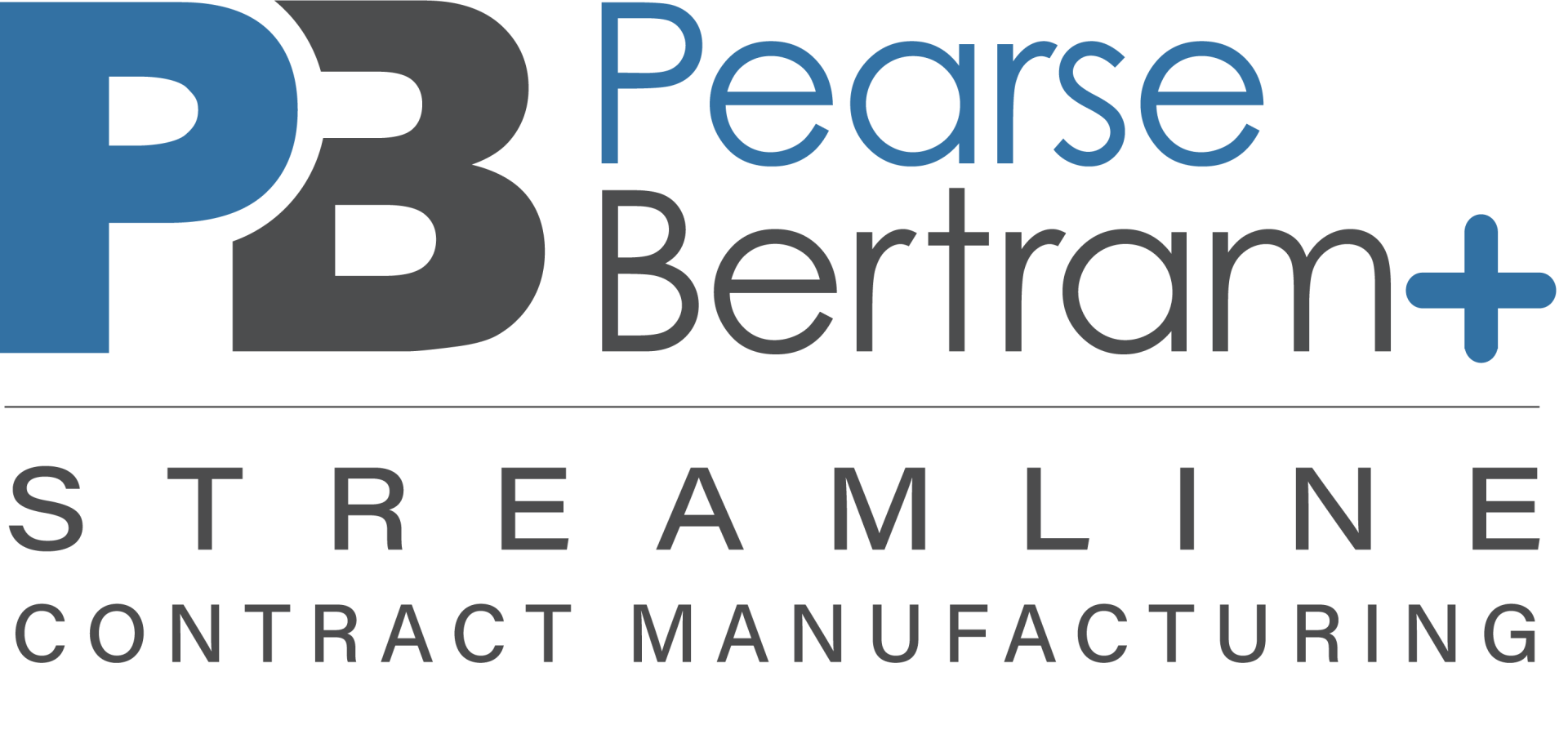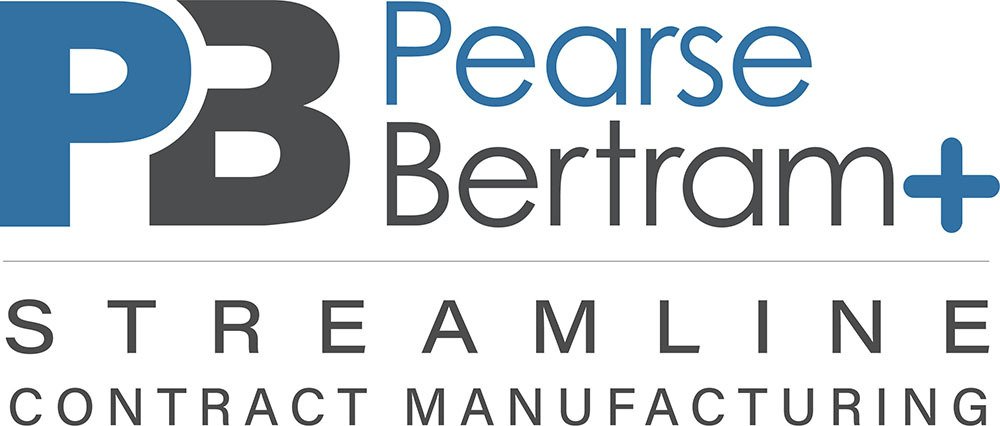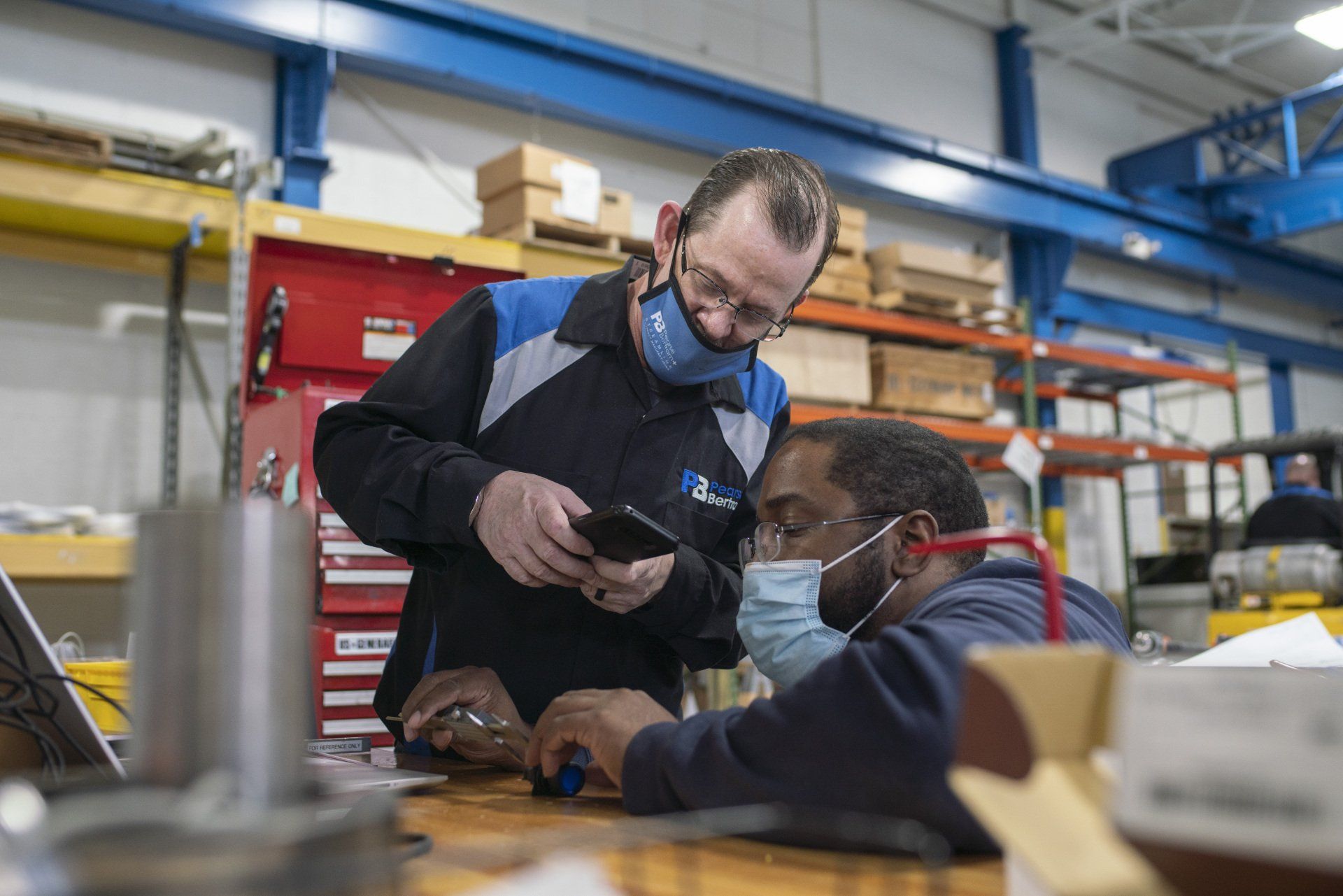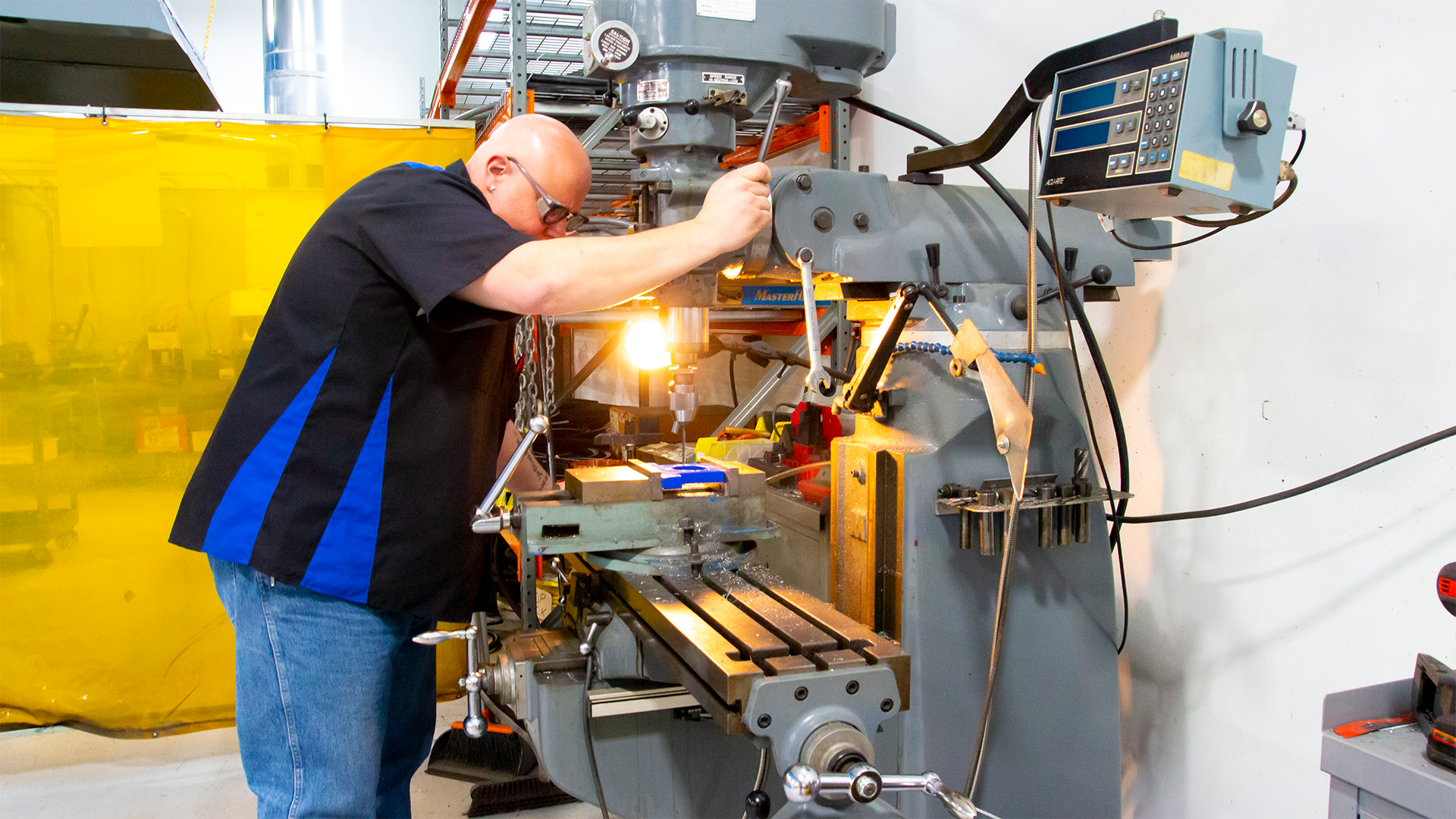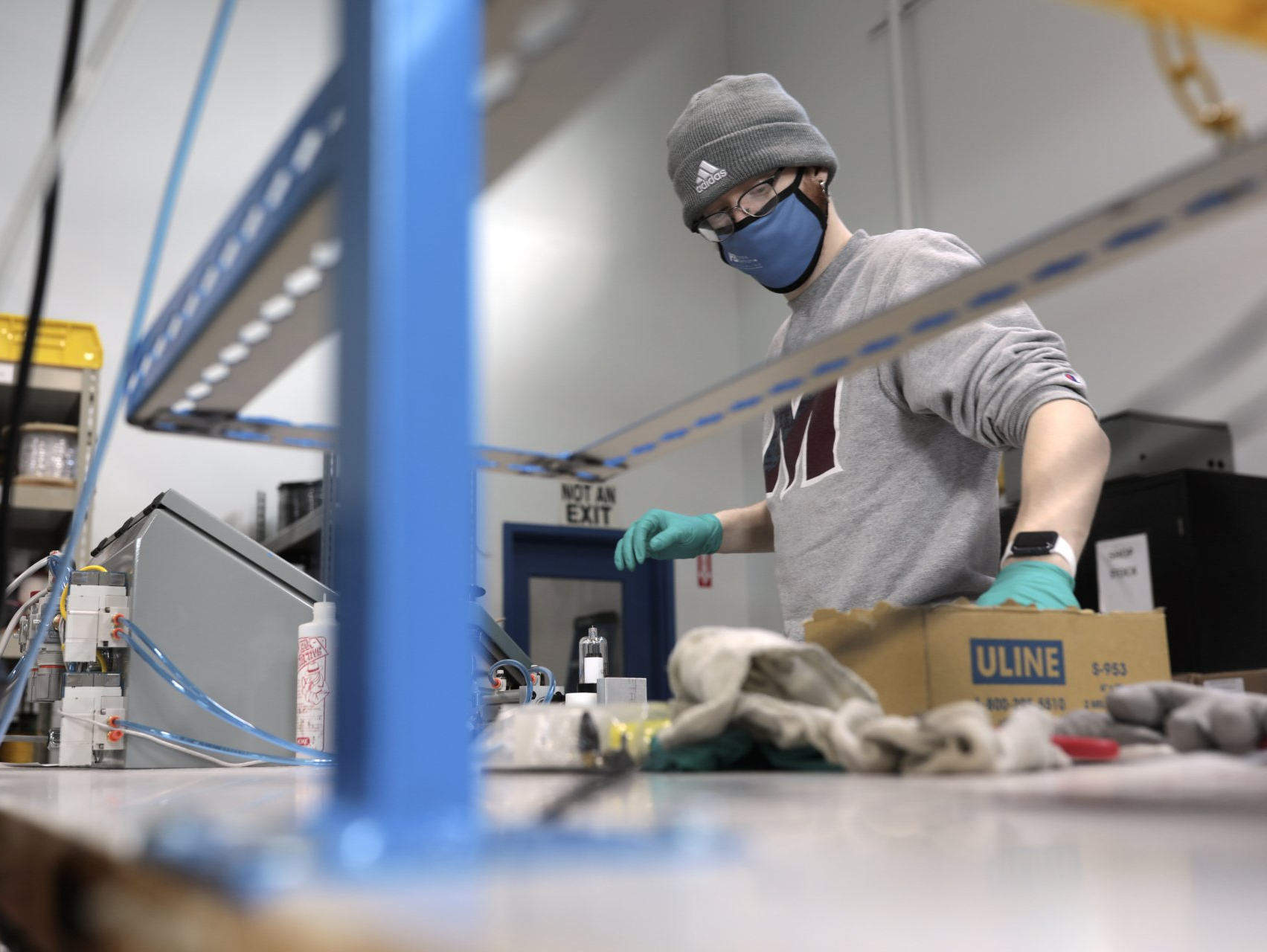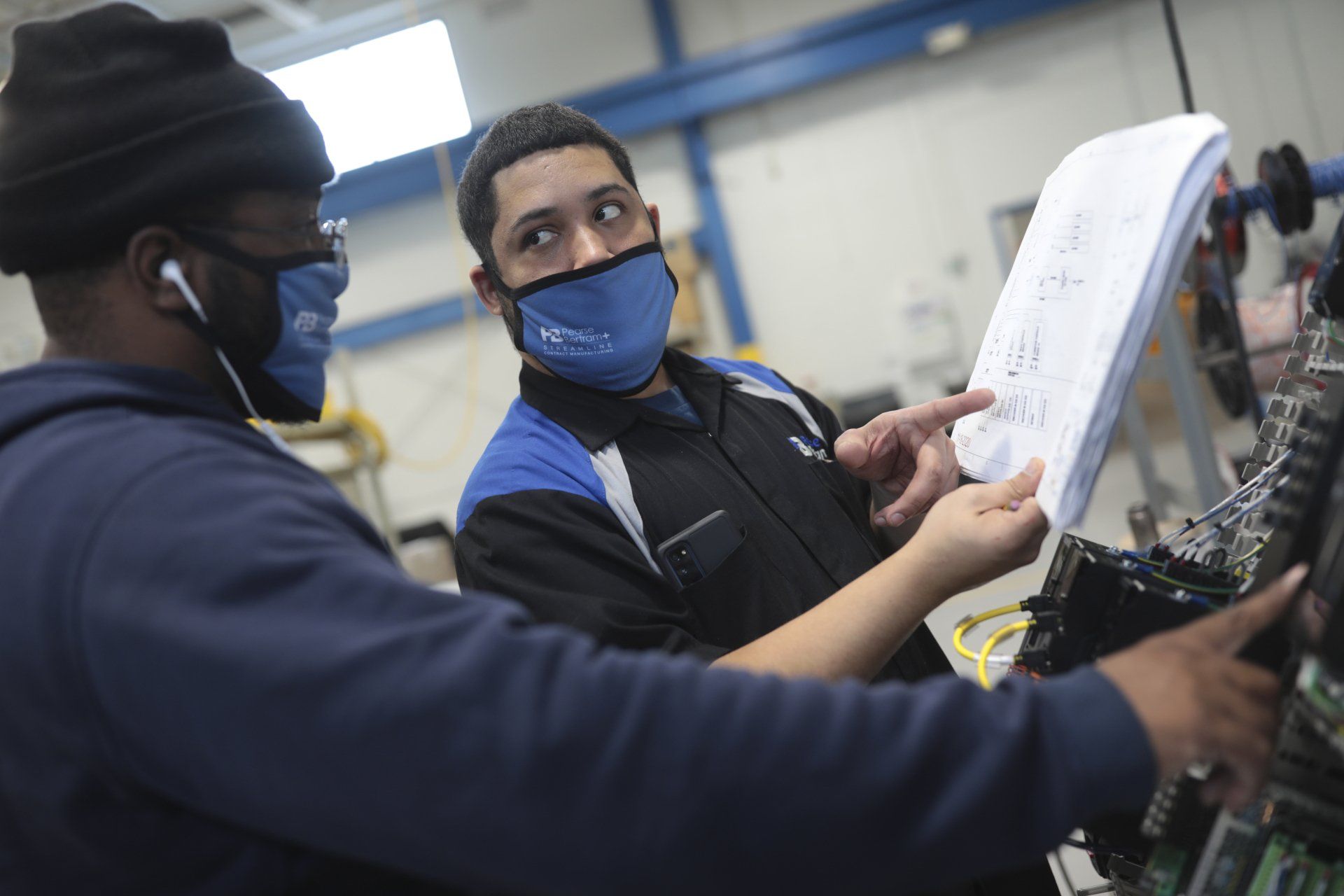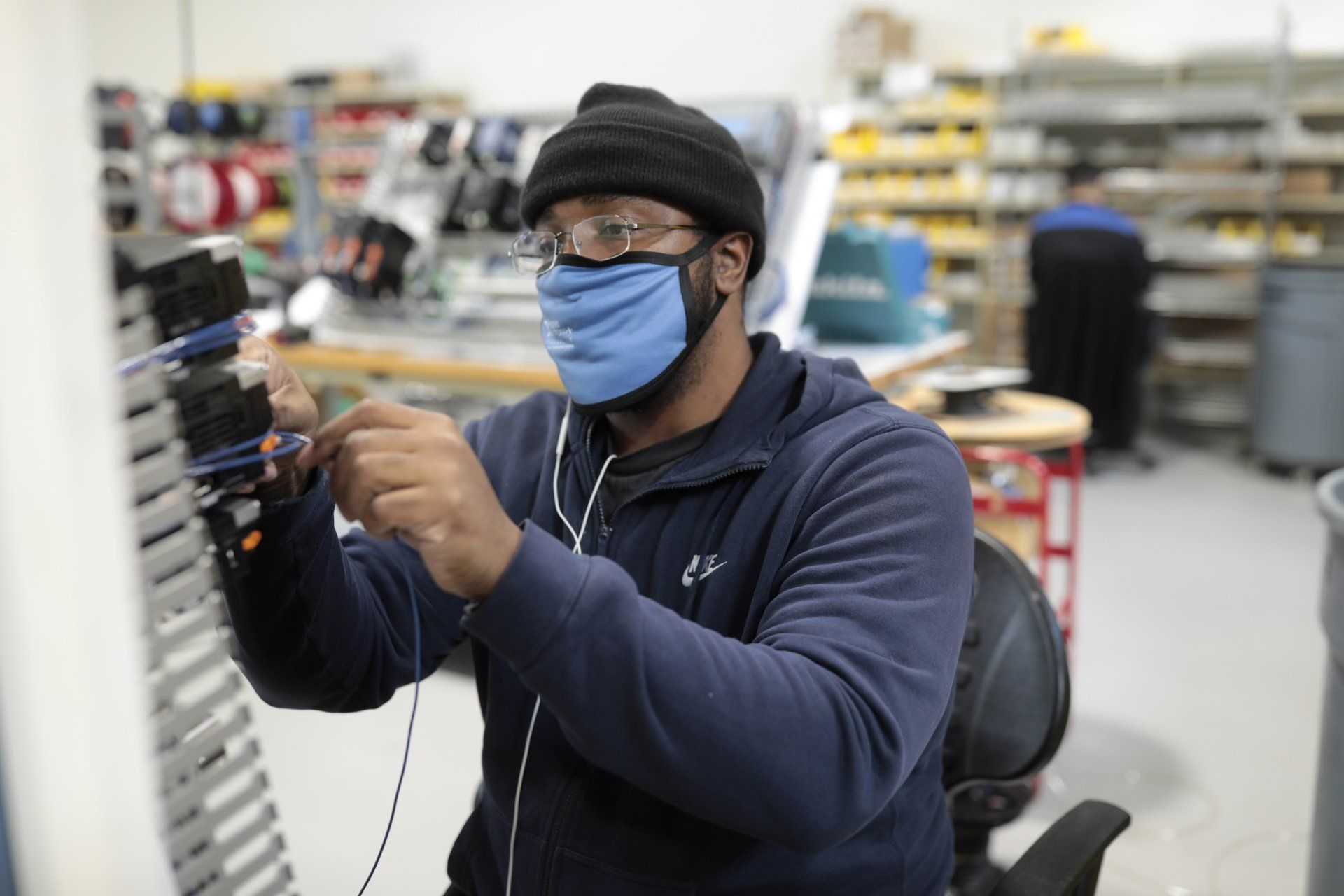Contract Manufacturing: Achieving Safety and Scalability in the Age of COVID-19
Highlights:
- Manufacturers continue to struggle with supply chain disruptions, fluctuating consumer demand, and staffing challenges caused by COVID-19.
- COVID-19 has changed core manufacturing processes from new costly safety measures to the acceleration of Industry 4.0.
- Contract manufacturing will play an increasingly important role as we emerge from the pandemic, providing organizations with a cost-effective, safe, and scalable solution.
“Customers who come to us with production challenges aren’t necessarily considering contract manufacturing as an option. Once we run the numbers and evaluate turnaround time, it's obvious contract manufacturing is the best solution."
-Jon Pearse, president, Pearse Bertram +
Contract Manufacturing: Achieving Safety and Scalability in the Age of COVID-19
The manufacturing industry has been among the hardest hit by the COVID-19 pandemic. The outbreak caused supply chains to crumble, consumer demand to both plummet and shift elsewhere, and cost millions of employees their jobs.
At Pearse Bertram +, we have experienced these challenges firsthand. We have utilized all of our resources to help our customers overcome these unprecedented challenges. We leveraged our established supply chains and supported our customers’ dynamic production needs through contract manufacturing.
In the wake of the pandemic, business objectives like safety, scalability, and flexibility have become paramount. As organizations begin to reevaluate and transform their processes, many are turning to contract manufacturing.
In this article, the first in a series that will explore contract manufacturing and its many benefits, we will discuss the pandemic’s impact on the manufacturing industry and how contract manufacturing can help organizations to overcome unprecedented challenges.
The Impact of COVID-19 on the Manufacturing Industry
The pandemic has impacted nearly every facet of the industry. The manufacturing response has largely been
reactive and uncoordinated. And, understandably, many organizations’ crisis management plans do not account for an outbreak of an infectious disease on a global scale. The mentality among manufacturing leaders has largely been to survive and overcome short-term challenges rather than looking ahead to the future.
Supply Chains
The Institute for Supply Management (ISM) released a survey in the early days of the pandemic that examined the impacts of COVID-19 on businesses and supply chains. Approximately
75% of companies surveyed reported supply chain disruption with many experiencing sharp drops in revenue.
Fluctuating Consumer Demand
A subsequent survey conducted by ISM in July of 2020 found that
81% of respondents reported decreased demand for their products. Four industries, however, reported higher demand: health care and social assistance (+13%), finance and insurance (+7%), food, beverage, and tobacco products (+5%), and computer and electronic products (+3%).
Some manufacturers responded by pivoting from their core products to supply critical equipment and devices. Many achieved this by leveraging technology and relying on contract manufacturing services.
Worker Absence
One COVID-positive case within an organization can bring production to a halt. Safety regulations mandate lengthy quarantine periods. Manufacturers are left scrambling, often repurposing employees to fill multiple roles. As a result, quality, safety, and productivity suffer.
Restrictive Safety Protocols and Costs
Unlike many industries, manufacturing does not lend itself well to remote work. After all, you cannot build cars from home.
CDC guidelines for the manufacturing industry, however, recommend social distancing and limiting large gatherings. This makes it difficult to operate.
Moreover, the amount and cost of PPE equipment, sanitizers, professional cleanings, and improvements to air circulation and filtration, among other things, can be cost prohibitive.
Industry 4.0
According to a recent McKinsey report, the pandemic has
accelerated the arrival of Industry 4.0. Industry 4.0 is essentially a term used to describe the increased use of automation and data technologies to improve process efficiency. While the increased use of advanced manufacturing technologies should be viewed as a good thing, that is often not the case for smaller manufacturers.
These technologies can fall outside of the budgets of many organizations. This gives larger manufacturers an even bigger competitive advantage. One way that manufacturers can level the playing field is by leveraging the technological infrastructure of their contract manufacturing partners.
Contract Manufacturing Services: A Safe, Scalable, and Cost-Effective Solution
Even before COVID-19, manufacturers were increasingly relying on contract manufacturing to scale their operations and increase their bottom lines. During the pandemic, organizations turned to contract manufacturers to help them meet fluctuating demand, pivot to new opportunities, and sustain their operations. As the world returns to the new normal, contract manufacturing will prove vital in helping companies to meet new challenges.
Flexible and Consistent Workforce
The
International Labour Organization predicts that disruptions in the labor market will persist for some time. Employees will continue to miss work. Some will not return to the same employers. Fluctuating consumer demand will create HR nightmares.
Experts estimate that it costs upwards of
$4,000 for each new hire. After COVID-19, these costs will only increase. Employers must train all new hires on COVID-19 operating and safety procedures, as well as purchase additional PPE.
Contract manufacturing provides a flexible and consistent workforce without the safety concerns and administrative costs and headaches of addressing staffing needs in uncertain times.
Scalability
Contract manufacturers can help organizations to overcome supply chain disruptions. A reputable contract manufacturer has established supply chains in place. They negotiate competitive pricing on materials and can pass the savings along to their customers.
Contract manufacturing services help manufacturers to minimize risks in uncertain times. Manufacturers can simply scale-up or reduce production as demand fluctuates. In addition, they cut down on time-consuming and repetitive manufacturing processes, allowing employees to perform higher-value tasks.
Manufacturers can also leverage contract manufacturing expertise and infrastructure to take advantage of new opportunities as they arise.
How One Company Coped with Fluctuating Demand and Saved Lives with Pearse Bertram +’s Contract Manufacturing Services
One of Pearse Bertram +’s largest customers manufacturers medical devices. Prior to the pandemic, the company was purchasing various filter assemblies from us. One of the company’s devices is used to treat critical patients with respiratory symptoms. Largely due to the pandemic their demand skyrocketed both domestically and internationally.
With Pearse Bertram +’s contract manufacturing capabilities, the company was able to scale up to create more assemblies. This allowed the company to focus their time on more critical tasks and worry less about hiring more employees or establishing new supply chains. The company not only met increased demand, they did so quicker and helped save more lives.
At Pearse Bertram +, we are committed to helping our customers to overcome these trying times and look forward to future success.
Click here to learn more about our industry-leading contract manufacturing services.
“Trust is one of the most important factors when I select a manufacturer. I trust the team at Pearse Bertram to get the job done right and delivered on time.”
-Senior Buyer, Moore Nano
“From time to time, we utilize Pearse Bertram’s engineering team to help us evaluate variables for special applications. It’s nice to have that value-add service.”
-Supply Chain Manager, MP Systems
“Pearse Bertram has been a great partner over the years ---they’ve been very responsive to our needs to manufacture and trouble shoot production issues.”
-Design Engineer, Marubeni Citizen Cinco
“Trust is one of the most important factors when I select a manufacturer.
I trust the team at Pearse Bertram to get the job done right and delivered on time.”
-Senior Buyer, Moore Nano
“From time to time, we utilize Pearse Bertram’s engineering team to help us
evaluate variables for special applications. It’s nice to have that value-add service.”
-Supply Chain Manager, MP Systems
“Pearse Bertram has been a great partner over the years; they’ve been
very responsive to our needs to manufacture and troubleshoot production issues.”
-Design Engineer, Marubeni Citizen Cinco
